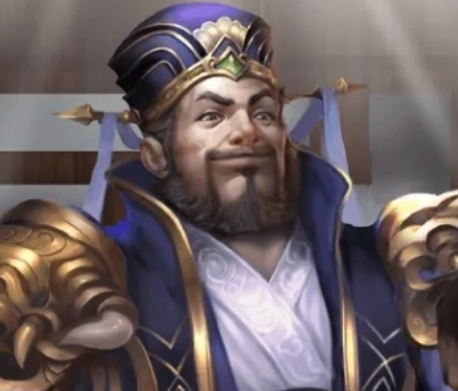In the history of the Qing Dynasty, Emperor Qianlong was an outstanding monarch, and his reign period was known as the "Glorious Age of Qianlong". However, all emperors would eventually face the issue of choosing an heir. Emperor Qianlong was no exception. During his reign, he experienced a long period of consideration and selection for which son would inherit the throne. In the end, his fifteenth son Yongyan (later known as Emperor Jiaqing) was chosen as the heir.

Yongyan's inheritance of the throne was not smooth sailing. During his growth, Emperor Qianlong provided him with strict education and training to ensure that he possessed the qualities of a qualified monarch. Yongyan was intelligent, diligent, and deeply loved by his father. He demonstrated exceptional talent in handling government affairs and gradually earned the respect and support of the court officials.
In Emperor Qianlong's later years, he began to consider the issue of succession. Although he had several sons, he was most satisfied with Yongyan's performance. Yongyan possessed not only good moral character and abilities but also demonstrated maturity and steadiness in handling state affairs. Therefore, Emperor Qianlong ultimately decided to let Yongyan inherit the throne.
After ascending the throne, Yongyan changed the era name to "Jiaqing" and became the sixth emperor of the Qing Dynasty. During his reign, he continued to implement his father's policies, maintaining the stability and development of the country. Although Emperor Jiaqing did not reach the level of Emperor Qianlong, his reign was relatively stable, without major upheavals.
Overall, Emperor Jiaqing, the son of Emperor Qianlong, inherited the throne not only because of his identity and status but also because of his personal moral character and abilities. Emperor Qianlong's choice reflected his deep consideration for the future of the country and the well-being of the people. Emperor Jiaqing's accession to the throne also ushered in a new chapter in the history of the Qing Dynasty.
Disclaimer: The above content is sourced from the internet and the copyright belongs to the original author. If there is any infringement of your original copyright, please inform us and we will delete the relevant content as soon as possible.






























